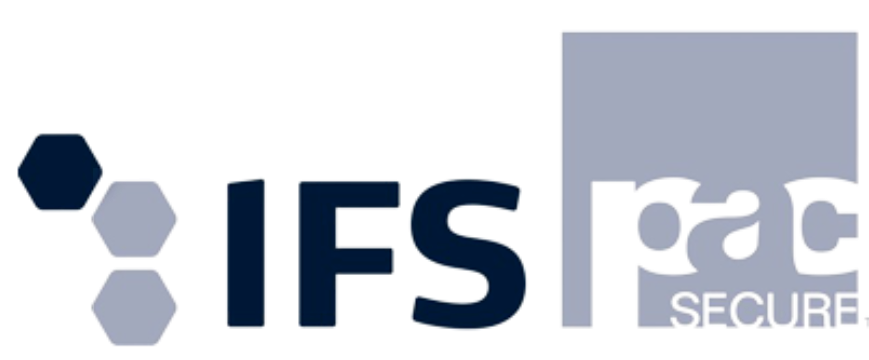What Is Calibration In The Food Industry?
How do you know if a food product is safe to eat? The best way to ensure the safety of your products is through calibration. Calibration ensures that your scales, thermometers and other measuring tools are accurate and precise so they can be used in quality assurance for the production process. In food safety systems, quality assurance is a critical factor in finding success with customers and the industry. One of the routine tasks in quality assurance is equipment calibration. What does this mean in the food industry, and why is calibration so important?
What Is Calibration In The Food Industry?
Calibration is comparing the measurements of an instrument or piece of processing equipment against those taken by a standard apparatus, or a consensus standard with known accuracy, or accepted values. It's how those in the industry make sure that the machinery can reach and sustain the temperatures, pressures, and other process controls devised to clean, treat and preserve food. Calibration is a task that must be performed on a frequent schedule to reduce the risk of error.
All equipment impacting on food safety needs to be calibrated against standards, certified equipment, and/or a new or recently certified unit that we can trace to a standard as a reference, such as the Canadian Standards Association (CSA) or the National Institute of Standards and Technology (NIST).
What Food Industry Equipment Requires Calibration?
Companies are required to have calibrations performed on all devices used to measure and monitor in a food processing plant. Transducers are found everywhere in the food industry; this class of instruments includes thermometers, position sensors, and pressure sensors. Measuring and adjusting transducers can prevent fluctuations or misreadings during the processing stages, preventing how inconsistent factors will impact the safety, hygiene and overall quality of the food product.
Thermometer calibration is the process of verifying whether the thermometers responsible for gauging the proper temperatures are reporting the information correctly. It's a simple task that takes a few minutes to do, and all companies must make probe thermometer calibration as a regular activity in their food safety plan.
Other pieces of equipment include:
- pH meters to monitor fermentation in dry-cured meats, low-acid, and acidified products
- Water Activity meters (Aw) that monitor ageing in dry-cured and fermented meats
- Weight scales that ensure regulated limits of additives and other antimicrobial agents are respected
- Infrared temperature devices for monitoring product and persons
- Any digital instruments, as the performance of analog circuitry changes over time
Why Is Calibration Important For The Food Industry?
Equipment and instrument calibration plays a crucial role in quality assurance and compliance for the food and beverage industry. When the equipment controlling physical, chemical or biological hazards in the food operation is off even a little, it ruins the food product and puts the consumer at risk. Instruments that are calibrated properly give the highest degree of accuracy, keeping errors and risks to a minimum and setting parameters that can fall within acceptable limits.
Measurement errors could turn out a product that is not fit for consumption, leading to higher waste costs. Any food product that does not meet the high standards of regulatory agencies and the customer will cost a company a lot of time, energy, and materials.
How Often Is Calibration Necessary?
In the food industry, almost every piece of equipment and instrumentation will require recalibration at set times due to drift. The manufacturer of the instrument will provide a recommended calibration period.
How often the equipment and instruments are calibrated depends on many factors. The general recommendation is to undertake calibration for electronic devices roughly once a year and transducers at a maximum interval of two years. However, the food company is responsible for determining their calibration schedule, and they may use quality standards to schedule pressure or temperature sensor calibration.
Some equipment may require daily calibration, and for these, the operators can conduct the required tests. For yearly calibration and maintenance, however, a calibration services expert should be brought in to perform proper alignment, adjustment, testing and cleaning. Food manufacturers can lower the risk posed by miscalibrated equipment and keep their operations within budget by regularly calibrating their equipment.
Frequently Asked Questions About Food Equipment Calibration
Calibrating instruments is all about identifying and removing factors that cause inaccurate measurements. It's a fundamental aspect of instrumentation design and safety standards!
Calibration is important in many different manufacturing processes. It is also important for the calibration of a sensor to be correct before it can be used reliably. When you are calibrating your sensor, you need to ensure that it measures what it needs to measure and nothing else. This means taking into account its limitations and using those limits for an accurate result.



